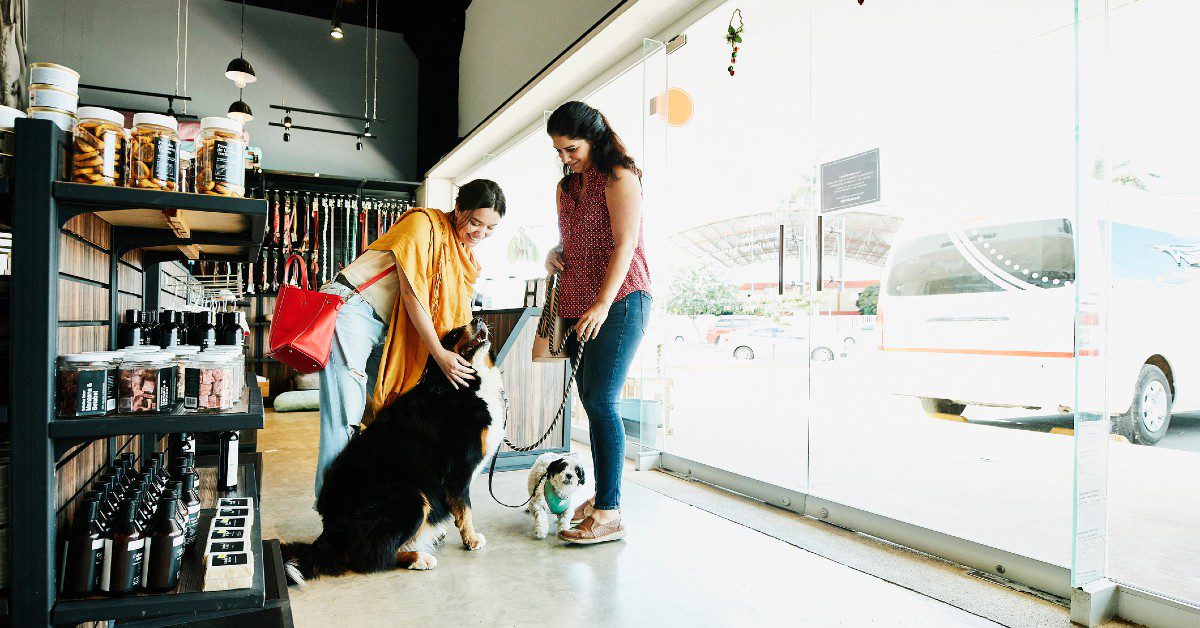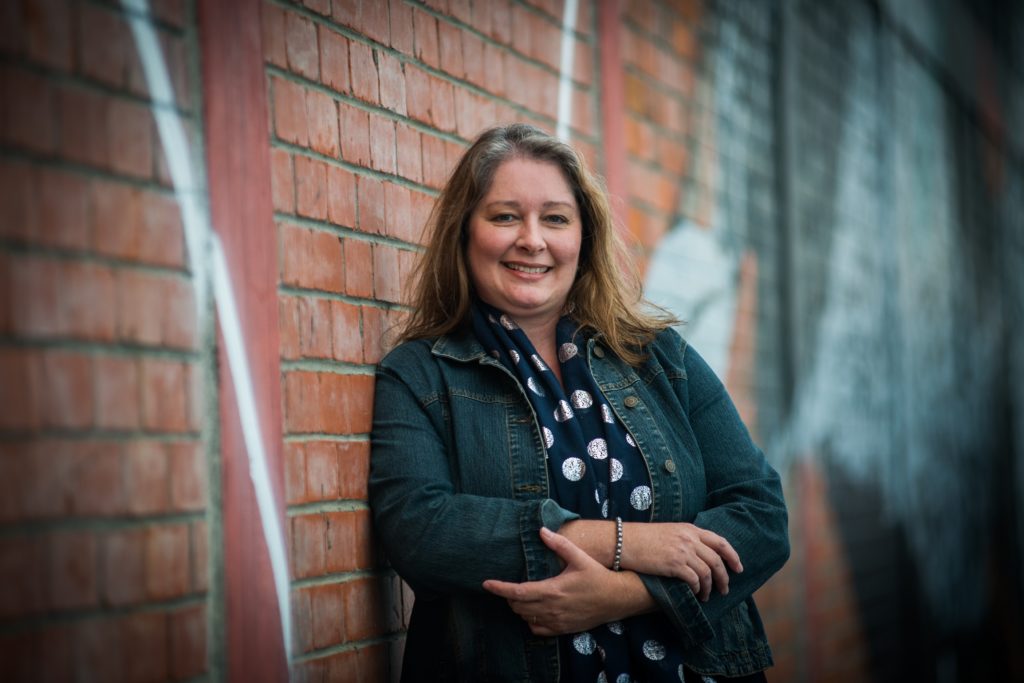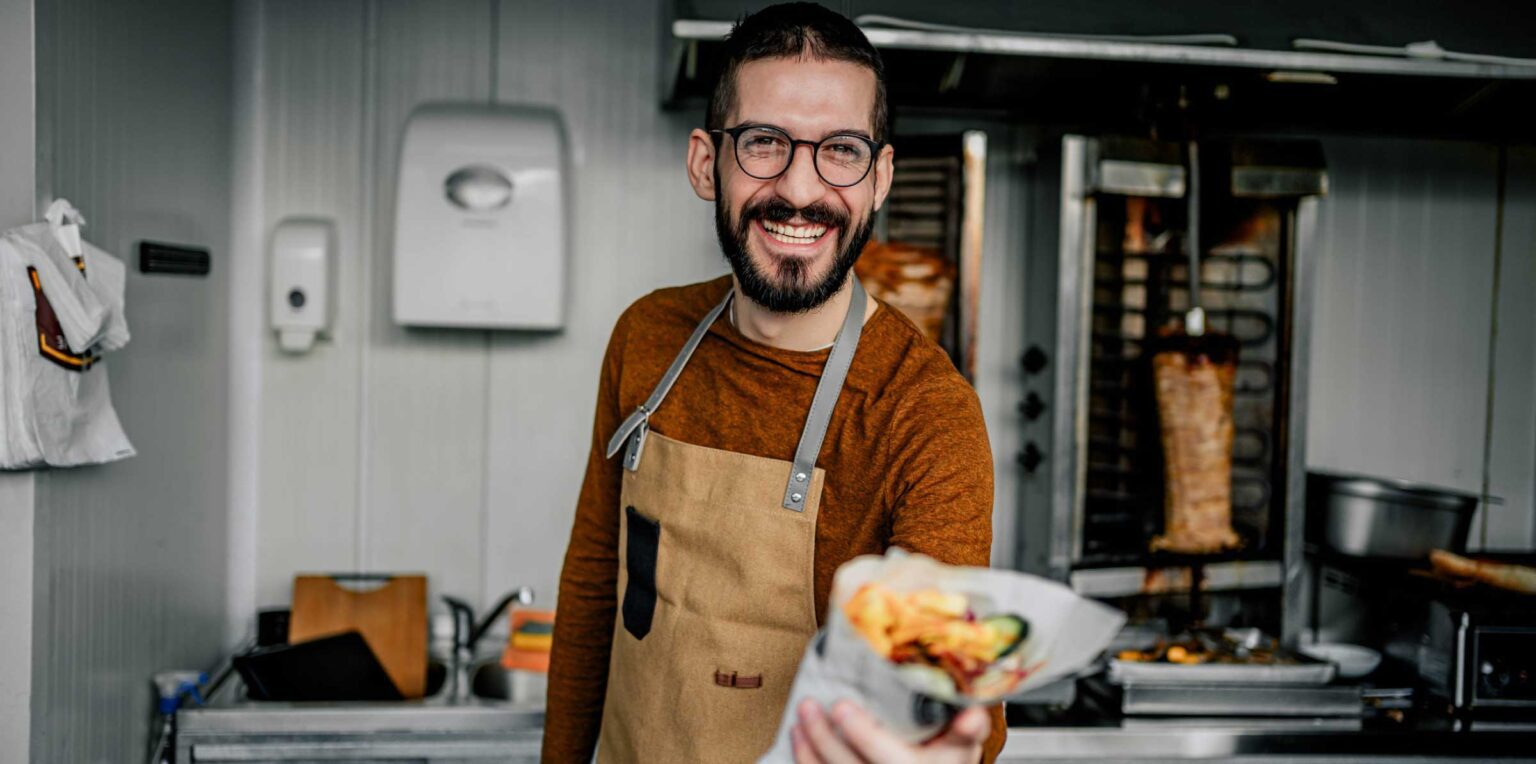Making money isn’t the only type of success small businesses can create – they can improve their local communities too. That’s exactly what the social enterprise model is all about and it’s growing rapidly in popularity.
What is a social enterprise?
The ‘social enterprise’ model is defined differently for different purposes. Generally speaking, a social enterprise uses commercial strategies to maximise improvements in financial, social and environmental wellbeing. It’s known as ‘the triple bottom line’.
Thankyou Payroll is one such business. The company offers payroll solutions to more than 7,000 businesses, including free services to registered charities. It also uses part of its profits for community grants and has planted thousands of trees to offset its carbon emissions.
CEO Christina Bellis (pictured below) has worked with social enterprise organisations for 15 years.
“I can’t see business any other way,” she says.
“It’s one thing to have a profit line for shareholders but the environment doesn’t send us invoices. We all use resources. It’s part of our responsibility to pay that back.”
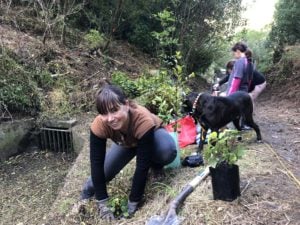
Sustainable procurement methods
Thankyou Payroll plans to be carbon negative by 2021.
“The interesting thing with calculating carbon neutrality is you realise you can go deeper than planting trees. You start to look at your procurement methodology,” Bellis says.
“For instance, we buy toilet paper made from bamboo and sugar cane, and it comes with no packaging. We even calculate the amount of power used in our third-party servers.”
Product stewardship company 3R Group also has a commitment to sustainability and a zero-carbon future. The social enterprise, with CEO Adele Rose (pictured below) at the helm, works with paint and chemical manufacturers to reduce the amount of plastics and chemicals entering the waste stream. It also recycles paints for use by the local council and communities.
“We’ve been measuring our emissions for quite a few years. Now we have to get into the really hard part, which is measuring the emissions impact of our supply chain,” Rose says.
Where do you start?
“You can’t make big business shifts overnight,” Bellis says.
“If you think about it like that it’s overwhelming and scary, your first reaction might be to put it in too-hard basket, so I want to say to business, take it one step at a time.”
“When your printer paper runs out, change to an environmentally-accredited provider. When you nail that part of your procurement, you can then bring in a new recycling bin or a composter. Small changes lead to a big shift.”
It’s a philosophy that Wellington real estate agent Naomi Brooking of One Agency Brooking Realty applied when looking for a fleet of cars for her agency several years ago. She decided to eschew traditional four-doors in favour of utes.
“We wanted to make a difference in our community and having the utes enabled us to get involved in charity events such as the annual food bank collection in various suburbs and in beach clean-ups, where we’d set up the back of the ute for a community barbie.”
Staff retention and work culture
Brooking says, “Our team genuinely enjoys supporting various community events. When we look at bringing people on, the fit is really important. We’ve worked hard to foster a great team culture and our people love working here, which is great for staff retention.”
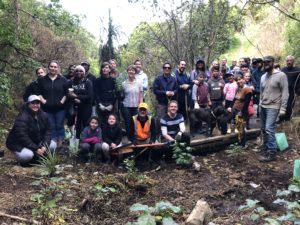
Note: All applications for Prospa loans are subject to Prospa’s eligibility criteria, lending policies and other terms and conditions.
To hear more small business owners’ learnings and insights, sign up to the Prospa Blog.
